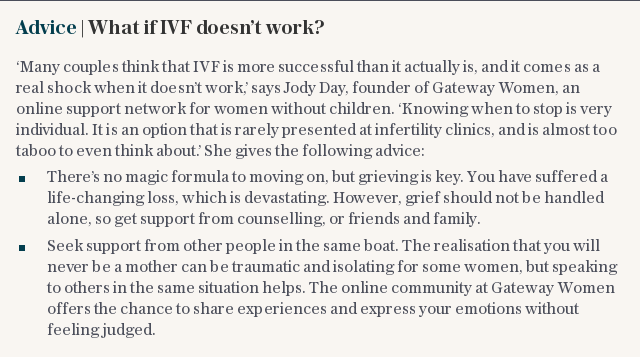Just two extra inches of belly fat can reduce a man's chance of becoming a father by nearly 10 per cent, study finds

Just two extra inches of belly fat can reduce a man's chance of becoming a father by nearly 10 per cent, a Harvard study has found.
Experts warned that fat produces a chemical that turns testosterone into female sex hormone, oestrogen.
Every two-inch (5cm) increase in a man’s middle cut his partner’s chances of having a baby by nine per cent per IVF attempt, said Dr Jorge Chavarro, from the Harvard School of Public Health.
This means a man whose waist is 40 inches was a third less likely to become a father through IVF than one with a 32-inch tummy.
Dr Chavarro told the European Society for Human Reproduction’s annual conference that it is not just women who need to prepare for pregnancy.
“These results highlight that reproduction is a team sport and focusing exclusively on women may obscure an important part of the picture,” he said.

For the study, U.S. doctors weighed and measured almost 180 men and women before they started IVF.
For each 5cm increase in men’s waist circumference, the odds of implantation, clinical pregnancy and live birth per initiated cycle decreased by 14 per cent, 12 per cent and 9 per cent respectively after accounting for anthropometric and demographic characteristics of both partners.
These results suggest that central obesity may be an independent risk factor for male infertility.
Co-researcher Haiyang Bian added: “In fact, there is growing literature suggesting that a man’s lifestyle and diet could have an important impact not only on a couple’s fertility but also on the health of their children.”
Around one in seven couples has trouble conceiving and male infertility is to blame about half the time.
Two-thirds of adults in the UK are overweight or obese. The average man’s waistline is 38.2 inches (97.1cm ) – 1.5 inches bigger than in 1993.
Fertility experts said the warning about beer bellies doesn’t just apply to men having IVF.
Obese men are more likely to be impotent and they make less sperm. Their sperm is also poorer at swimming and its DNA more damaged.
Sheena Lewis, a male fertility expert at Queens University Belfast, said that aromatase, an enzyme made by fat, can turn testosterone, which is key to sperm production, into the female sex hormone, oestrogen.

